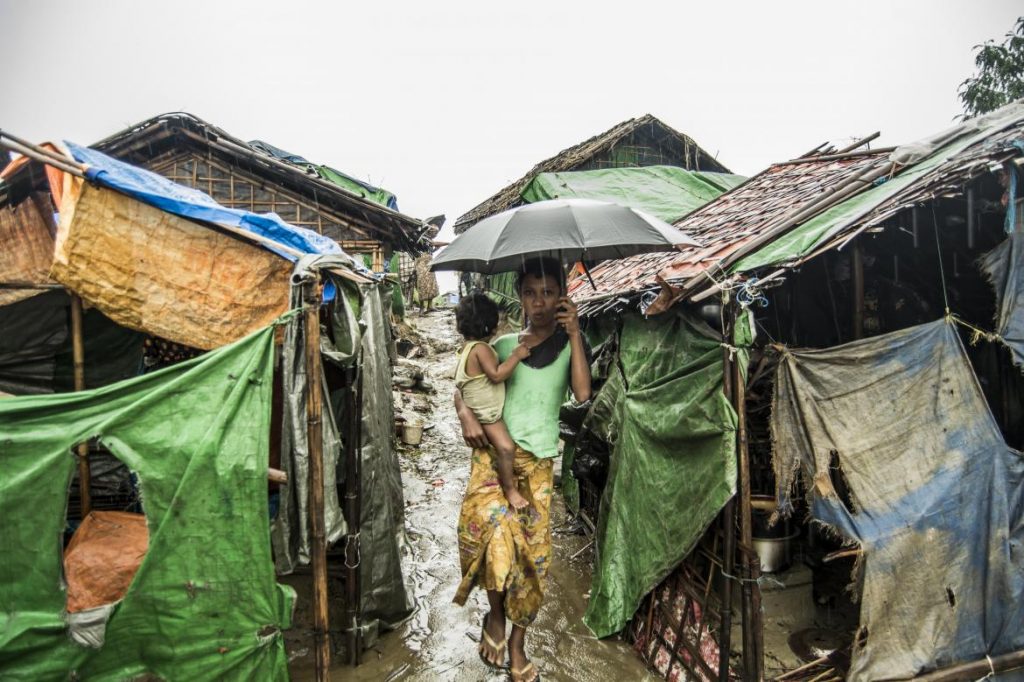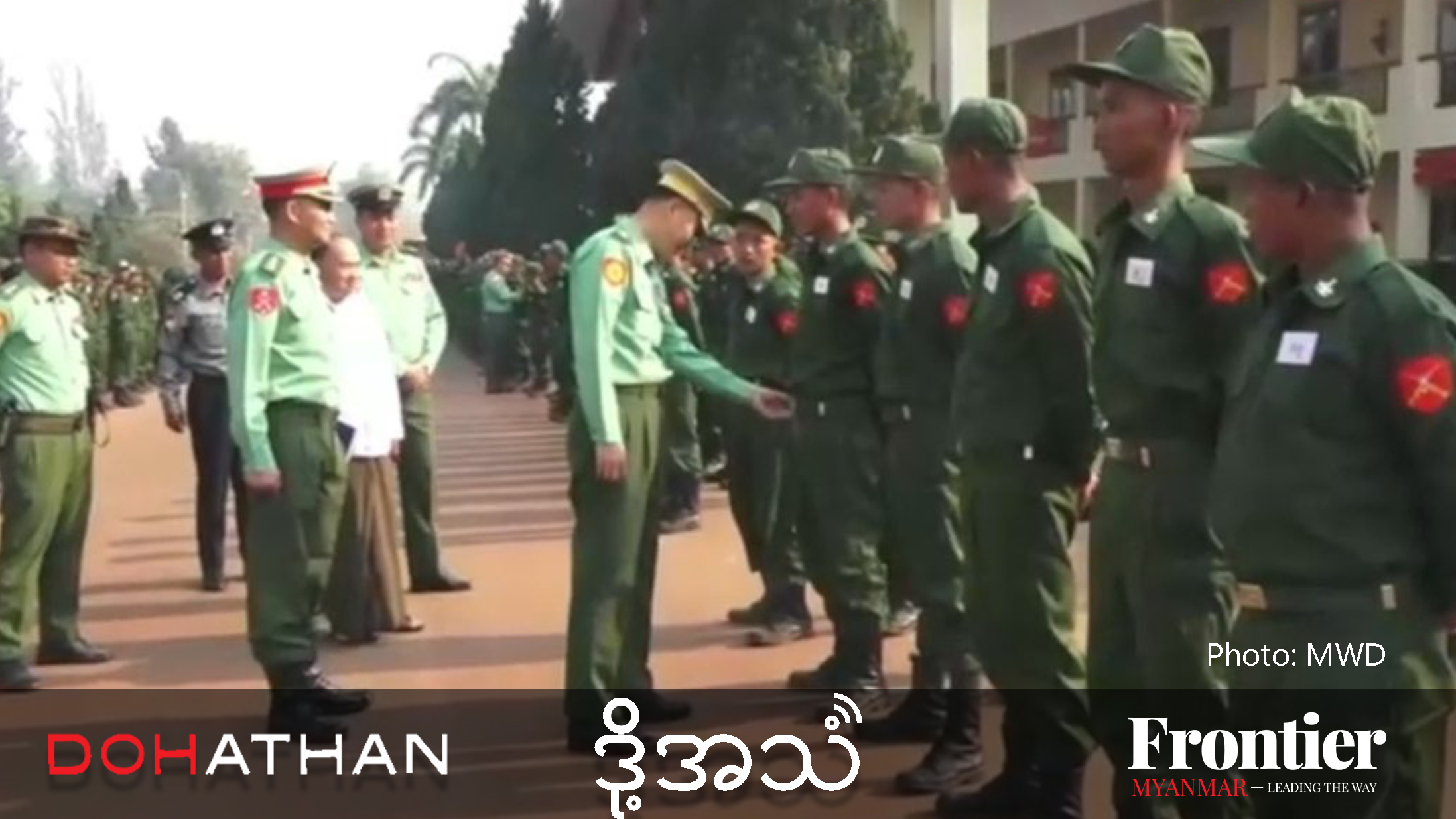By SEAN GLEESON | FRONTIER
YANGON — Amnesty International has urged the Myanmar government to bring an end to “decades of systematic, government-sponsored” discrimination against the Muslim community in Rakhine, as evidence continues to mount of human rights abuses committed in the wake of August’s security crackdown in the state’s north.
A new report by the London-based rights group, based on two years of research in Rakhine, has laid bare years of deteriorating conditions and escalating restrictions on the state’s Rohingya population, leading up to the attacks on security posts by Rohingya militants that sent most of the area’s Muslim population across the border to Bangladesh.
“The Myanmar authorities are keeping Rohingya women, men and children segregated and cowed in a dehumanising system of apartheid. Their rights are violated daily and the repression has only intensified in recent years,” Amnesty senior research director Ms Anna Neistat said Tuesday.
“This system appears designed to make Rohingyas’ lives as hopeless and humiliating as possible. The security forces’ brutal campaign of ethnic cleansing in the past three months is just another extreme manifestation of this appalling attitude.”
Support more independent journalism like this. Sign up to be a Frontier member.
In the years following the communal violence that rocked the state in 2012, leaving hundreds dead, Amnesty documented the exclusion of youth from the education system, de facto restrictions on access to healthcare, and the destruction of mosques, amongst a litany of other discriminatory measures levelled against the Rohingya community.
“It is impossible for officials in Rakhine State and in Myanmar generally to maintain and enforce such a system without being fully aware of, and therefore fully responsible for, the atrocious consequences it has for the life of the Rohingya population,” the report said.
Myanmar’s government and military have consistently denied any human rights abuses against Rakhine State’s Muslim population.
A Tuesday opinion piece by the government’s national security adviser U Thaung Tun, published in the Wall Street Journal, claimed that events since the August 25 attacks in Rakhine were the result of a “sophisticated campaign designed to discredit and destabilise the Myanmar government”.
Meanwhile, the military’s True News Investigation Team last week announced an internal investigation had exonerated Myanmar’s armed forces of any abuses during the security crackdown that followed the attacks.
In a memorandum to the UN Human Rights Council Monday, Amnesty and nearly three dozen other rights groups called for a special session to evaluate the Rakhine crisis.
Amnesty also called on the government to ensure “accountability for crimes against humanity and other serious violations and abuses of human rights” against the Rohingya population in Rakhine.
Myanmar’s government has blocked investigators mandated by an earlier Human Rights Council resolution from entering the country.
Tuesday’s report follows the publication of other testimonies from survivors of the Rohingya exodus from Rakhine State, alleging a number of atrocities committed by Myanmar’s military.
On November 15, regional watchdog Fortify Rights said Myanmar risked “further outbreaks of mass atrocities” in Rakhine and elsewhere in the country without urgent action from the government.
The following day, Human Rights Watch said interviews with more than 50 women who fled to Bangladesh revealed a pattern of “widespread” rape against Rohingya women in the weeks following the August 25 attacks.







